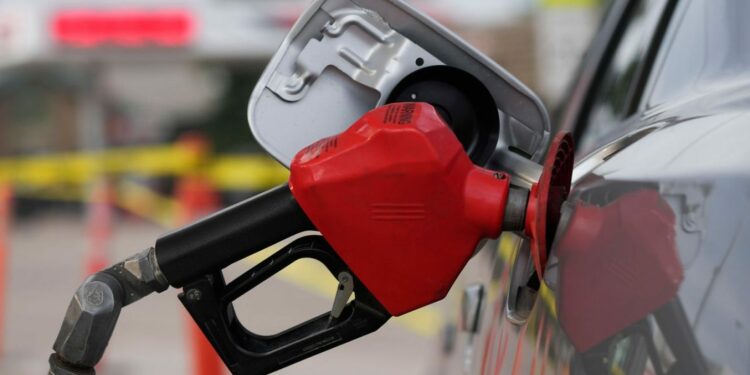October 11, 2024
By Abiodun Adeleke
The dynamics of petrol consumption in Nigeria have altered significantly, turning what was once an essential commodity into a luxurious product with growing prices and economic hardship. Only recently, Premium Motor Spirit, popularly referred to as petrol, reportedly sold as high as N855 and N897 per litre compared to a hitherto normal pump price of N200 per litre a couple of years back.
Increasing Costs and Economic Impact
The Nigerian National Petroleum Company Limited has effected multiple hikes in the product’s price since the removal of fuel subsidies in May 2023, which jacked up the petrol import bill by leaps and bounds. In the second quarter of 2024, the nation’s petrol import bill climbed to an all-time high of N3.22 trillion, accounting for 25 percent of the total imports for the period. This represents a 100% increase compared to the same quarter in 2023, indicating how badly stretched consumer and business budgets have become.
With the increased prices of petrol, many Nigerians have groaned under the burden. Some of the ride-hailing drivers in Lagos claim to have resorted to not making use of air conditioning, besides taking late-night rides, as ways of coping with the increasing costs. The reality has been an economic one that has taken them by surprise and forced them into strategy changes. Some negotiate for higher fares when a trip is longer, just to balance their books.
Perception Shift
Once considered a staple in everyday life, petrol is being considered nowadays as a luxury product. Their high prices have compelled people to think twice about traveling by their means of transport. People either use public conveyance or share rides while others opt for electric cars or CNG solutions perceived to be cheaper in the long term.
This change is most noticeable in the thinking and behavior of the younger generation, for whom sustainability and affordability are increasingly important. The increased prices have also made debate on the possibility of local refining very topical, especially with the commissioning of the Dangote refinery just recently. In the absence of certainty over pricing and distribution, however, many consumers doubt whether this will lower their financial burdens.
Government Policies and Consumer Response
The mixed reaction is the government’s decision to withdraw fuel subsidies so that the freed, scarce resources could be put to vital sectors. Although authorities explain such actions as necessary for the long-term stability of the economy, critics feel this hits lower-income Nigerians facing high inflation rates that reached 33.4% this July 2024[5].
In this new reality, increasing high petrol prices raise concern about their impact on overall economic growth. Currently, in Nigeria, inflation and increases in the cost of living are reducing purchasing power, and a cut in discretionary spending is on for many, further adding to the strain on consumer-patronage-dependent businesses.
The slide of petrol from an essential commodity to a luxury item in Nigeria only underpins the deep-seated economic challenges that beset the country. As prices continue their inexorable rise and consumers change their habits in its consumption, all stakeholders will have to exercise the most judicious care in any move forward. It is only by effective government policies, market stabilization, and innovations in other sources of energy to give succor to embattled consumers that the future can be bright for petrol consumption in Nigeria.






